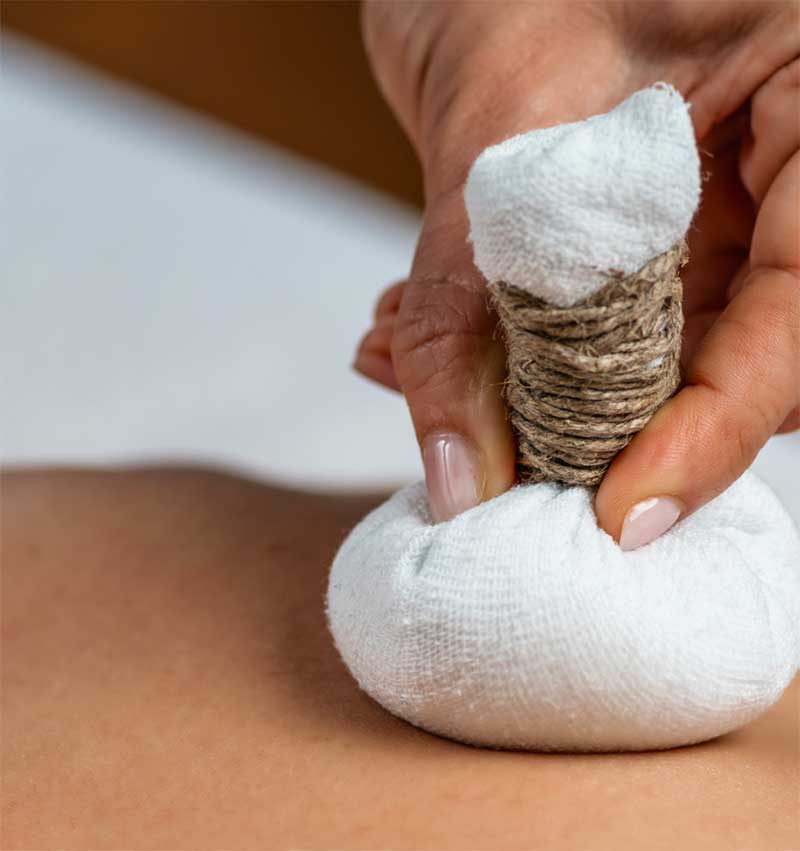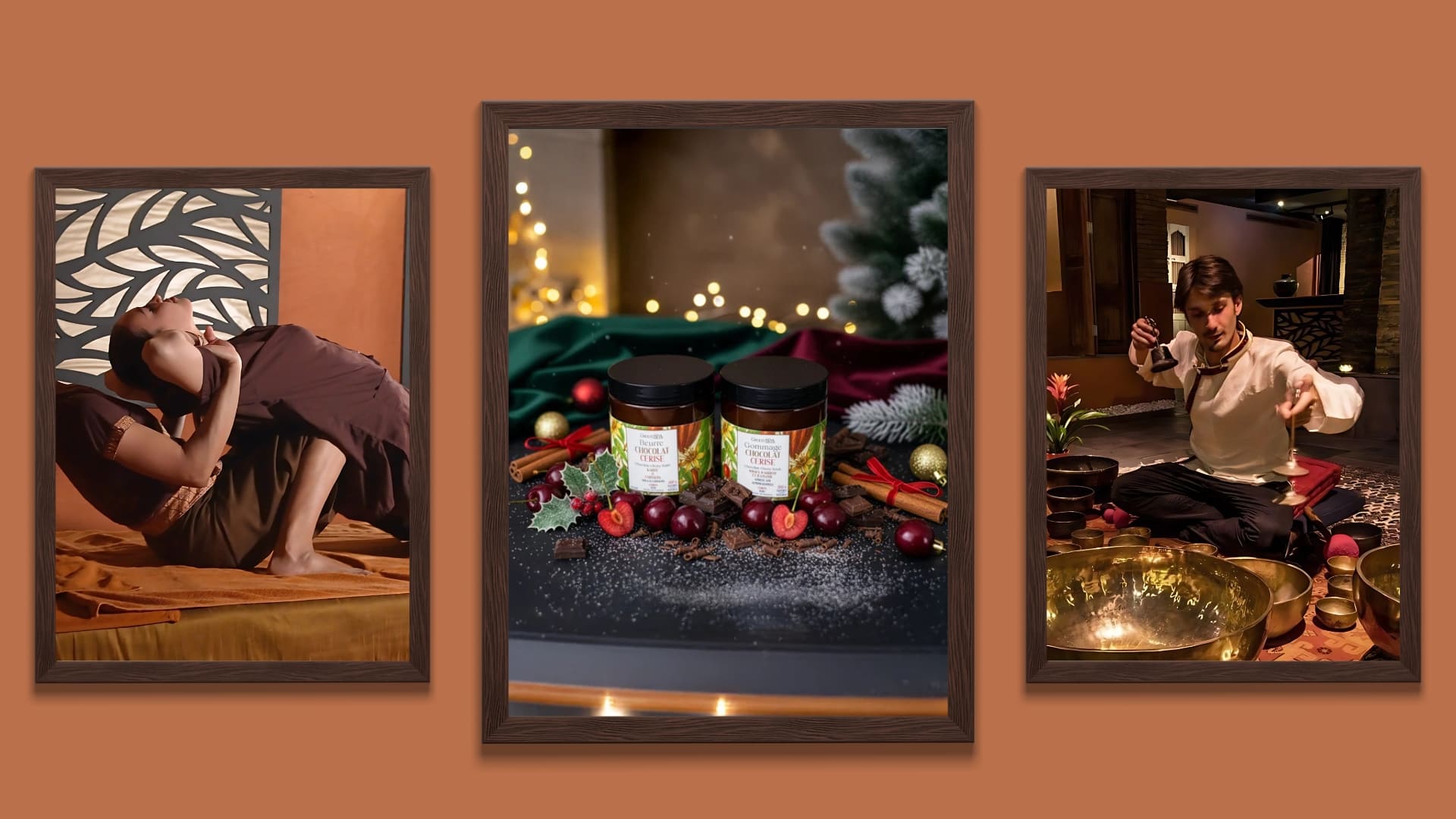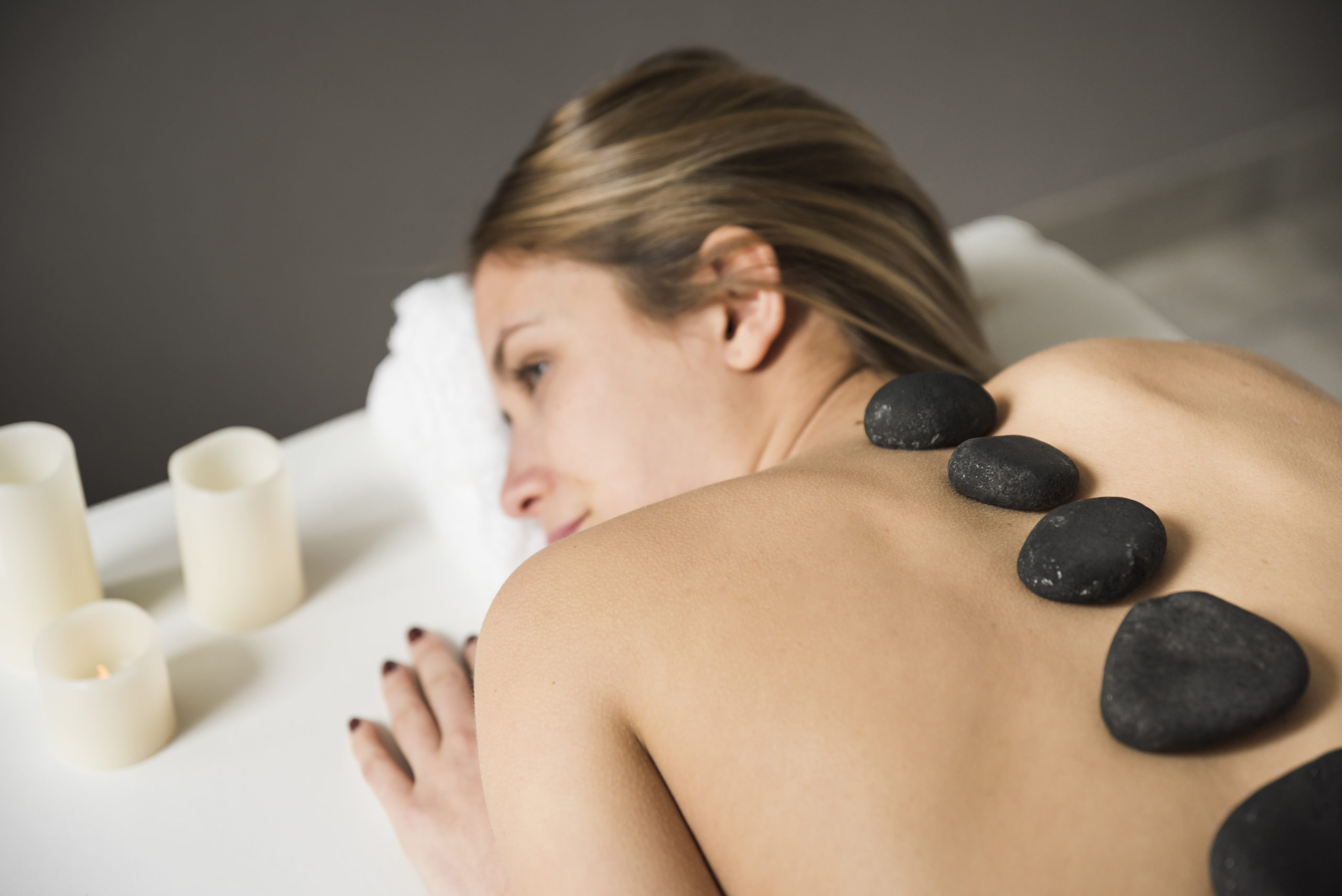Winter is a season when cold, wind and humidity dominate, affecting our internal balance. According to Ayurveda, traditional Indian medicine, this period is marked by a predominance of the Vata (air and ether) and Kapha (water and earth) doshas, influencing our body and mind. To maintain harmony during this season, it's essential to adapt our lifestyle and diet.
Understanding the doshas in winter
In Ayurveda, the doshas are vital energies that govern our physical and mental constitution. Winter is mainly associated with Vata, characterized by cold, dryness and movement, and Kapha, linked to heaviness, dampness and stability. These doshas can easily become unbalanced in winter, leading to disorders such as dry skin, stiff joints, sluggish digestion or a feeling of lethargy.
Winter diet
Proper nutrition is crucial to balancing Vata and Kapha during winter. Warm, cooked and spicy foods are recommended to stimulate the digestive fire (Agni) and prevent mucus build-up. Choose seasonal vegetables such as leeks, beet, celery, cabbage and chicory, as well as cereals such as barley, corn, millet, oats, basmati rice and rye.
Spices such as ginger, cumin, cinnamon and black pepper are beneficial for warming the body and improving digestion.
Avoid raw, cold or hard-to-digest foods, as well as excess sugar and salt, which can aggravate Kapha imbalances. Fruits in season, preferably cooked or in compote, are preferable, while exotic fruits, often cooling, should be eaten in moderation.
Daily routines for winter
Adopting a daily routine (Dinacharya) adapted to winter helps maintain the balance of the doshas.
Here are some recommended practices:
- Tongue scraping : On waking, scrape the tongue with a tongue scraper on an empty stomach to eliminate toxins (Ama) accumulated during the night.
- Nasal cleansing (Jala Neti) Rinse nasal passages with warm salted water to purify the respiratory tract and prevent infection.
- Self-massage with hot oil (Abhyanga) Apply warm sesame oil all over the body before showering to nourish the skin, improve circulation and soothe Vata.
- Breathing exercises (Pranayama) Warming breathing techniques, such as Kapalabhati, energize body and mind.
- Greetings to the sun (Surya Namaskar) Sun salutations: Perform several cycles of sun salutations to warm the body and stimulate vital energy.
- Dress warmly: Cover up properly, especially your head and ears, to protect your body from the cold and wind.
- Drink hot : Drinking a cup of herbal tea with ginger will warm and soothe.
- For relaxation, hot herbal teas with ginger are excellent and energizing. Cinnamon is recommended as it balances Kapha, warms and activates the digestive fire (Agni). Expectorant and antiseptic, it treats bronchitis and calms fever. For coughs, swallow a few grams of black pepper mixed with a spoonful of honey.
These daily practices strengthen the immune system and prepare the body for the rigors of winter.







